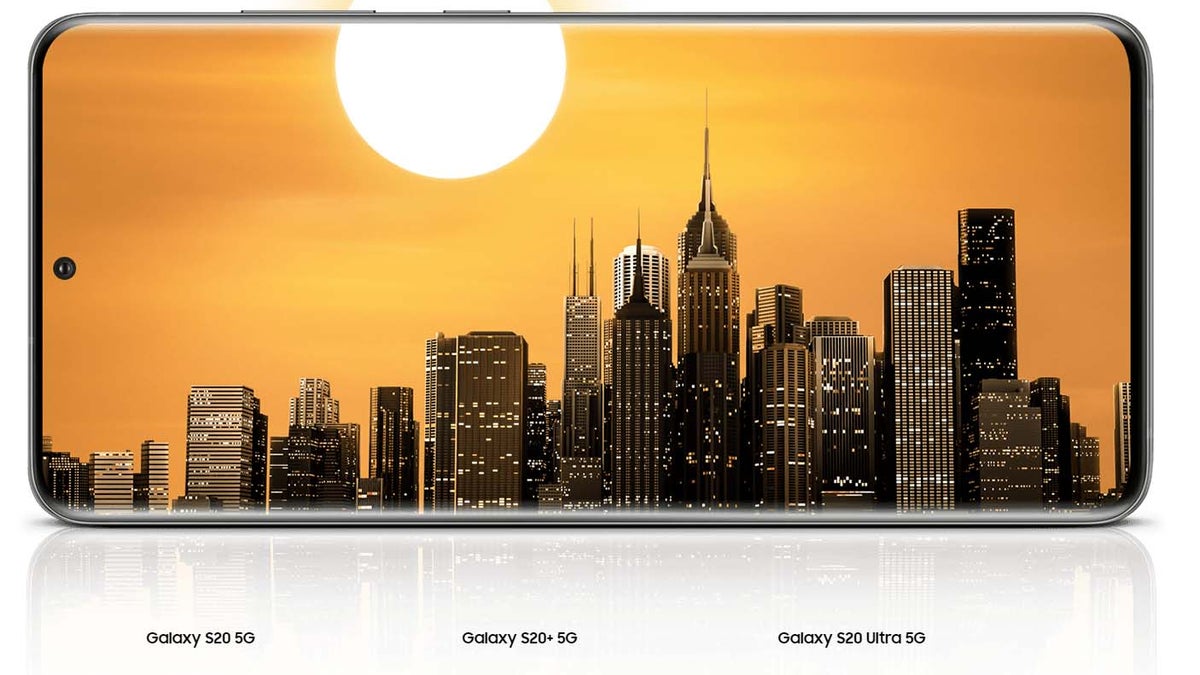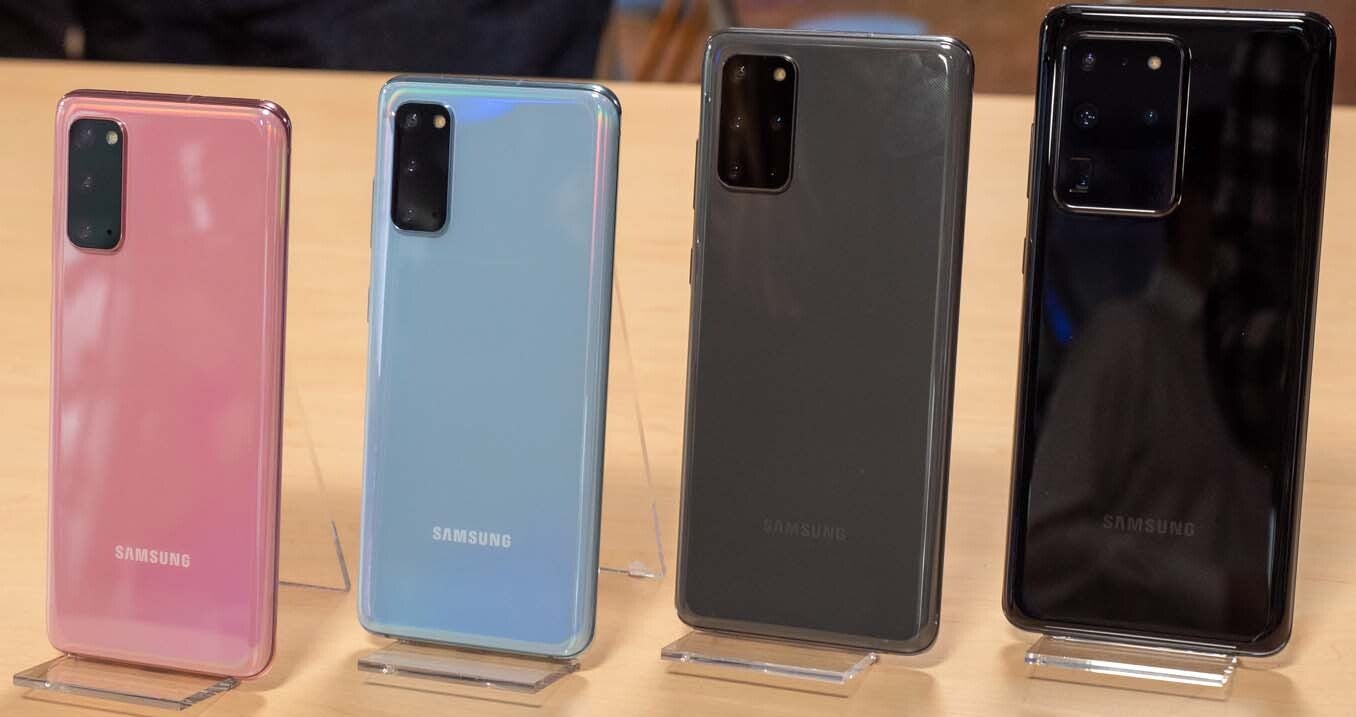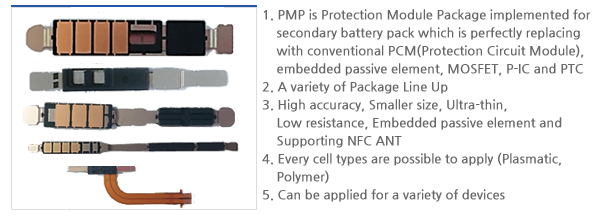Galaxy S20, Plus and Ultra vs S10 battery life and charge times

If one of the things stopping you from getting a high-end Samsung phone is the middling battery life, compared to the competition from China, the company addresses that in the new S20, Plus and Ultra, and then some. At 4500mAh, the S20 series have the largest aggregate battery capacity of any S- or even Note line phones ever.
Samsung has been pressed by the market to place larger batteries in its phones for a good while now, as high-end phones from Huawei, or even budget handsets from Xiaomi, have batteries north of 4000mAh, and displays with slightly lower resolution that do wonders for their endurance. That's not the only reason Samsung went with up to 5000mAh for the three spring chickens, though.
Record Galaxy S20 batteries are for 5G and 120Hz, not your YouTube session
The Galaxy S20 series battery size and charging speeds hit a Samsung record:
- Galaxy S20 Ultra: 5000mAh (4855mAh rated minimum) battery, 70 minutes charge from 0-100% (45W)
- Galaxy S20 Plus: 4500mAh (4370mAh rated minimum battery, 75 minutes charge from 0-100% (25W)
- Galaxy S20: 4000mAh (3880mAh rated minimum) battery, 75 minutes charge from 0-100% (25W)
On average, 5G connectivity draws more battery than 4G, and phones like the Galaxy S10 5G have larger battery packs than their 4G-only counterparts on average. Joanna Stern from the Wall Street Journal probed Samsung on the reasoning behind the big battery packs in the S20, and they confirmed that the power-hungry 5G modem is one of them.
The other reason is the new "at will" 120Hz refresh rate of the S20 series' displays. Since the graphics and display subsystems have to work much harder to light up all those pixels quicker. In fact, we found a drastic reduction in battery endurance when we ran the same tests on, say, the OnePlus 7 Pro at 60Hz and 90Hz, and the difference 120Hz makes is even starker.
Samsung Galaxy S20 vs Plus vs S20 Ultra battery life and charging speed

All Galaxy S20 models are housing a battery surprise. For Samsung's S-line standards, that is.
The 5G connectivity and the 120Hz display refresh are RAM and battery hogs, so Samsung had to up the ante in those departments. With QHD display resolution, though, don't expect two-day battery life miracles, as Samsung itself admits it's a "full-day battery" on all three phones.
These are the Galaxy S20 vs S20+ vs S20 Ultra battery life differences, according to Samsung:
- S20 Ultra: 37 hours talk time, 13 days stand-by, 73 hours speaker, 111 hours headset, 70 minutes charging
- S20 Plus: 34 hours talk time, 11 days stand-by, 66 hours speaker, 102 hours headset, 75 minutes charging
- S20: 28 hours talk time, 10 days stand-by, 59 hours speaker, 79 hours headset, 75 minutes charging
How did Samsung pull off the biggest upgrade in the S-line battery life department. A new cell-holding technology (PMP) allows for a much tighter and more compact arrangement of the battery cells compared to what Samsung is using for the Galaxy S10 models, whose packs still require a holder case.

Galaxy S20 battery technology
The pleasant side effect of using PMP for the Galaxy S20 batteries is that the overall size of the package can shrink by up to 57%, allowing for much larger capacities, a smaller battery footprint leaving space for other stuff inside the phone, or a combination thereof.
The Galaxy S20 Ultra, for instance, has a giant 108MP sensor and a bunch of other camera-related stuff in a huge cooktop plate at the back, and still managed to fit a 5000mAh unit in it, the largest that Samsung has ever placed in an S-line phone.
Galaxy S20 Ultra charging speed test (with Samsung's 45W fast charger):
- in 15 minutes: 37%
- in 30 minutes: 70%
- in 45 minutes: 92%
- in 59 minutes: fully charged (100%)!
Samsung Galaxy S20 and Ultra battery life vs the S10 series
| Galaxy S10 series | Galaxy S20 series |
|---|---|
| 3100mAh (Galaxy S10e) | 4000mAh (Galaxy S20) |
| 3400mAh (Galaxy S10) 4100mAh (S10+) | 4500mAh (Galaxy S20+) |
| 4300mAh (Note 10+) 4500mAh (S10 5G), | 5000mAh (Galaxy S20 Ultra) |
When we pit the Galaxy Note 10+ 5G, with its 4300mAh battery, against the S20+ with the 4500mAh pack, things get dicey, as the rated talk and standby times are 12 hours and 5 days on the Note, against 34 hours and 11 days for the S20+. Audio playback through the speaker is again in favor of the S20+ - 52 hours vs 66 hours - which can't be explained with the mere 200mAh difference in capacity.
The Galaxy S20 is another example when we compare its battery life stats to the Galaxy S10+ that has almost the same battery capacity. Audio endurance when using the speaker is a tad longer on the S20, compared to the S10+ - 59 hours vs 56 hours - even though the S10+ has a slightly larger battery. Don't even start us on the official charging times, however, as they are much faster on the S20 with the supplied 25W bricks in the box.
The listed talk and standby times, however, are better on the 2019 model, and the 5G modem might have something to do with this. Thus, we'll have to wait for Samsung to fill in the blanks on the official Internet usage and video playback times for the S20 series when they launch, before a final comparison of the battery life stats against the S10 series.
For now, however, the larger batteries and more frugal chipsets of the S20 series are shaping a better endurance on a charge than their predecessors. We ran our battery tests on the S20 Ultra to gauge if Samsung has managed to pull off the most amazing battery life ever on an S-line or even Note series phone, and it has indeed... at 60Hz display refresh rate, though.
- Samsung Galaxy S20 Ultra 60Hz Battery Drain Test result: 12 hours 23 minutes
- Samsung Galaxy S20 Ultra 120Hz Battery Drain Test: 10 hours 2 minutes
- Samsung Galaxy Note 10 Plus: 11 hours 37 minutes
- Samsung Galaxy S10 Plus: 10 hours 33 minutes
Follow us on Google News













Things that are NOT allowed:
To help keep our community safe and free from spam, we apply temporary limits to newly created accounts: